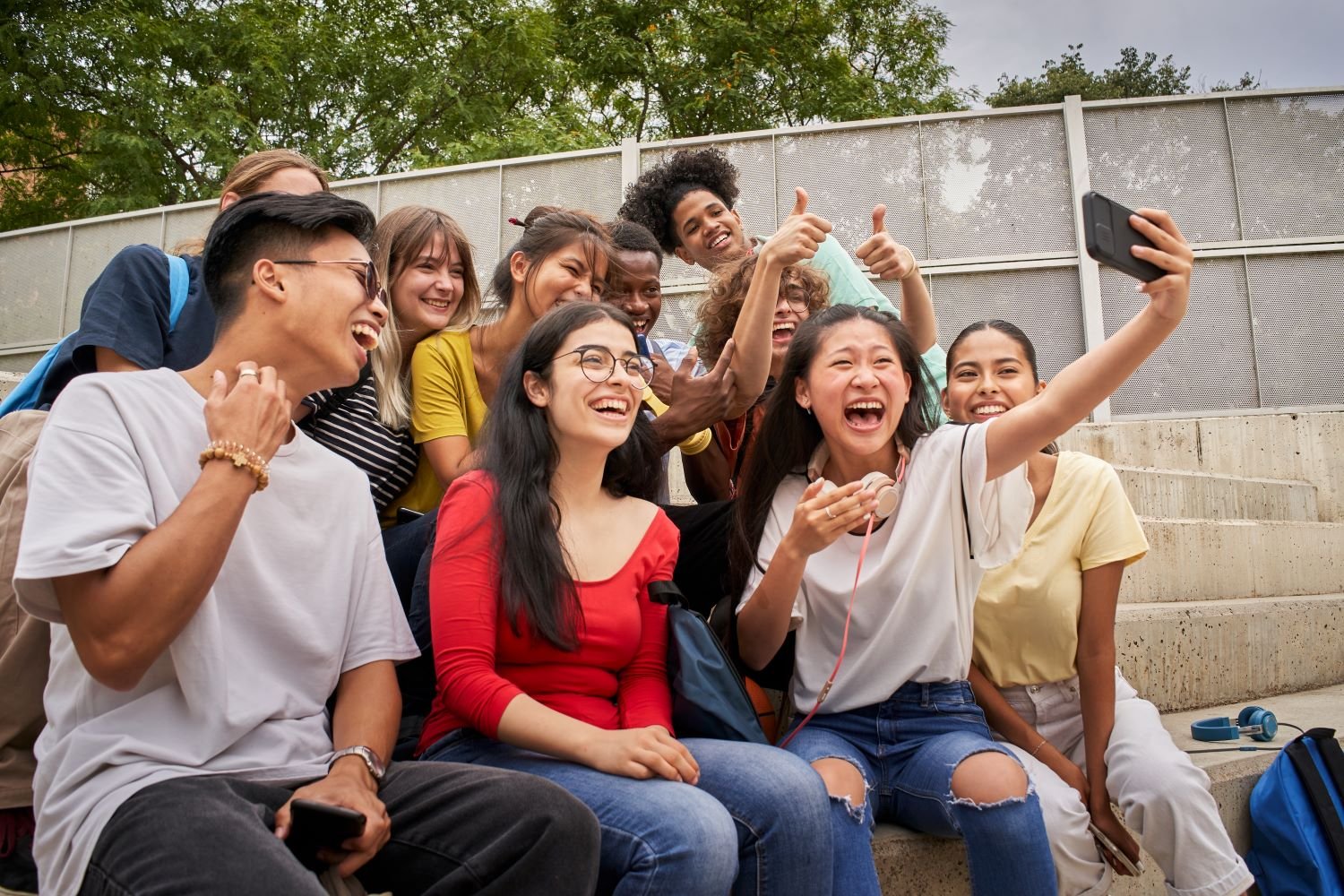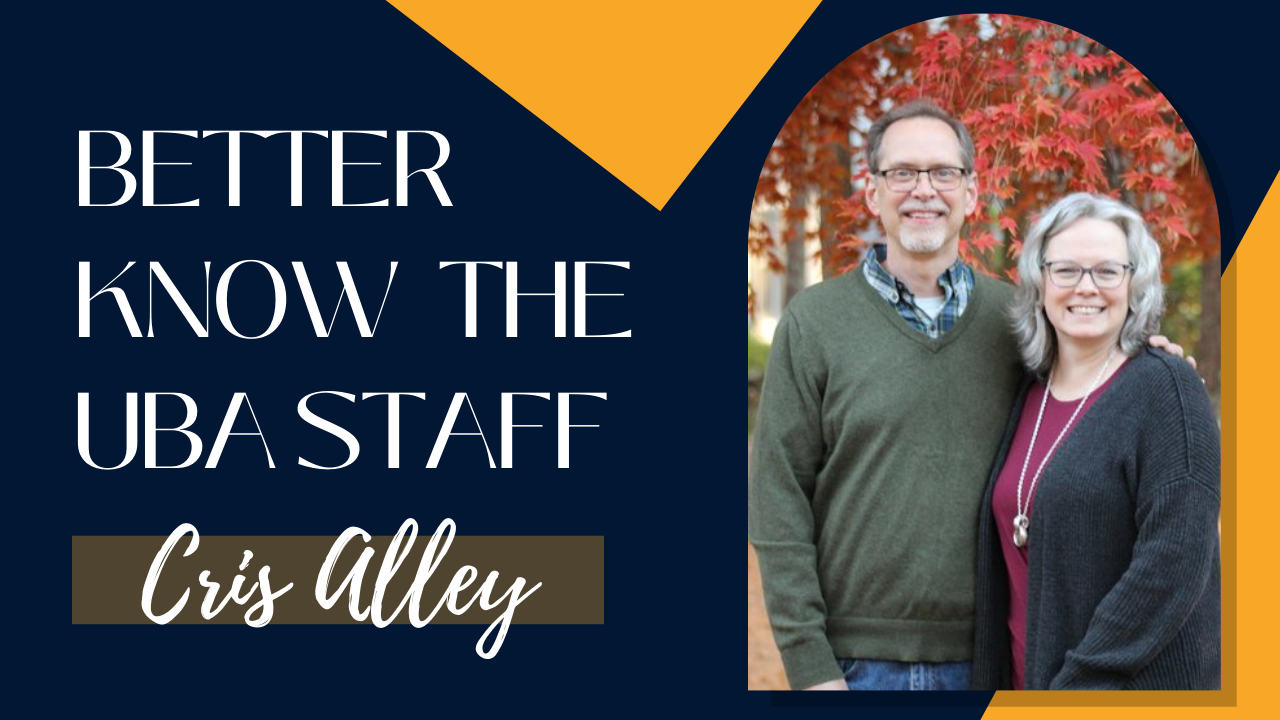Does Your Next-Gen Discipleship Include This Critical Element?
I recently attended a women’s group at my church where one of the leaders handed out a small tract with a title about “reaching the next generation.”
Based on a book written by a prominent Reformed pastor and theologian, the group leader highly recommended it for broadening her perspective on sharing the gospel with the next generation.
Curious, I looked at the first chapter, doubtful that it would discuss how to reach people “like me.”
I am a 1.5 generation immigrant, born and raised in the Philippines before my sister and I were adopted and brought to live in Texas. I like to joke with people that I’m Filipina Texan, not Filipina American.
For a rapidly-growing demographic of youth and young adults, acknowledging and affirming their immigrant background or diaspora heritage is the way to reach them—and the diverse city in which we live.
Unfortunately, I was right. For all the author’s admirable talk of winning the next generation over with love, challenging them with truth and holiness, and challenging the outdated idea of a universal youth culture, he still does not address the reality around so many of my peers.
For a rapidly-growing demographic of youth and young adults, acknowledging and affirming their immigrant background or diaspora heritage is the way to reach them—and the diverse city in which we live.
For Such a Time as This
In Houston, 50% of children under the age of 18 have at least one immigrant parent.
1.5 generation immigrants are those who were born in another country and came to the US at an early age.
2nd generation diaspora peoples are those born and raised in the US by immigrant parents.
These 1.5 and 2nd gen diaspora children are uniquely equipped to be bicultural bridge builders and multicultural reconcilers in the city, simply due to their lived experiences of being in-between two or more cultures.
Across the pages of Scripture, we see examples of young diaspora men and women of God (think Joseph, Daniel, Ruth, and Esther) who sought the goodwill and peace of the city where they and their people found themselves.
Their cultural background was not peripheral to the ways the Lord worked through them but central to it. Daniel’s upbringing in Jerusalem and adult life in Babylon were not barriers to God’s work. Instead, Daniel blessed both Israel and Babylon by his prophetic ministry and his integrity in the Babylonian government.
Time and time again, we see the Lord doing marvelous works throughout different cultures and generations—not in spite of them. Nonetheless, many young diasporan Christians live as if their immigrant backgrounds and cultural heritages are unrelated to their faith.
“We see the Lord doing marvelous works throughout different cultures and generations—not in spite of them.
Nonetheless, many young diasporan Christians live as if their immigrant backgrounds and cultural heritages are unrelated to their faith. ”
For example, I recently met with youth and young adults from a local Chinese diaspora church. A few of them expressed how they had not reflected on how “being Chinese American” colors their expression of Christianity and how they share the gospel.
“I’m a Christian,” one of them said. “I just also happen to be Chinese.”
Yet we know the Lord did not just “happen” to make Chinese American Christians. He calls to Himself a great multitude from “every nation, tribe, and tongue” (Revelation 7:9). Yes, this means that Chinese American Christians retain something of their ethnic and cultural identity in eternity.
Even now, they have gifts to share that our cities and the Church in North America desperately need. For the diaspora next gen to follow Jesus and glorify God with all of themselves, they need a more robust understanding of how their cultural and ethnic identity and faith go hand-in-hand.
The same goes for Nigerians, Nepalis, and the millions of other diaspora next-generation Christians who now call the U.S. “home.”
Bridging the Gap
So, how will churches in North America respond? What tools, resources, and language do we have to reach, disciple, and empower this demographic to be the next global Christian leaders?
At Diaspora Network, our mission is to mobilize the Immigrant Church, empower the Next Generation, and cultivate partnerships between non-immigrant congregations with the nations here. We want to articulate operational and biblical principles to undergird the process of reaching the next generation in the immigrant church, while also honoring the faith and works of the first generation.
To that end, we seek to join the Lord in what He is already doing by offering events and resources like the Intergenerational Roundtable on Saturday, April 12th from 10 AM-1 PM.
This roundtable is a time of training and honest conversation with pastors, leaders, and next-generation youth and young adults at immigrant churches.
In recognizing and affirming the unique contexts and needs of these communities, we hope to bridge the gap by inviting them to communicate, connect, and pass the baton of leadership onto the next gen so that “the word of God [might continue] to increase, and the number of disciples [might multiply] greatly” (Acts 6:7). Join us as we pray for kingdom collaboration in reaching the next generation!
Fatima Glass was born and raised in Marikina, Philippines before she and her older sister were adopted by relatives and moved to Texas. She and her husband, Benjamin, reside in Austin where they attend High Pointe Baptist Church.












